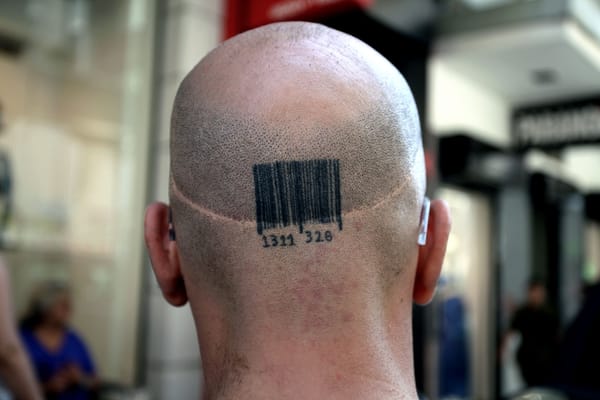How far should “self-ownership” extend into our flesh? “Bodily autonomy” is a central plank of the progressive program, particularly since Dobbs—but especially where medical interventions are concerned, produces its share of buyer’s remorse. Plastic surgery addict Mary Magdalene confessed recently to her fans that she regrets embracing the extreme surgery lifestyle, for example; a few days later, “detransitioner” Chloe Cole sued Kaiser Hospitals for amputating both her breasts when she was just 15, calling them “child butchers” and stating that what she really needed—but did not receive—was psychiatric support.
What about the freedom to donate your braindead body as an incubator? What about prisoners’ freedom to donate body parts in exchange for a reduced sentence, as in a recent bill proposed in Massachusetts? Such proposals may elicit horror even from those committed to “bodily autonomy,” but they haven’t come out of nowhere. Biomedical avant-gardism is only the latest phase of a trajectory that began with the Industrial Revolution.
“The principal product is now ‘humans themselves.’”
It’s common now to view trade, exchange, and markets as the way we’ve always done things. But as the political economist Karl Polanyi showed in The Great Transformation (1944), the “market society” we now take for granted was created, sometimes with brutal force, by a process of enclosure, which turned the commons into private property, making it available for commodification, development, and industrialization. The current phase has simply turned that logic of enclosure inwards, to the human body. In the resulting transhumanist revolution, the principal product is now “humans themselves,” as the futurist Yuval Noah Harari puts it.
